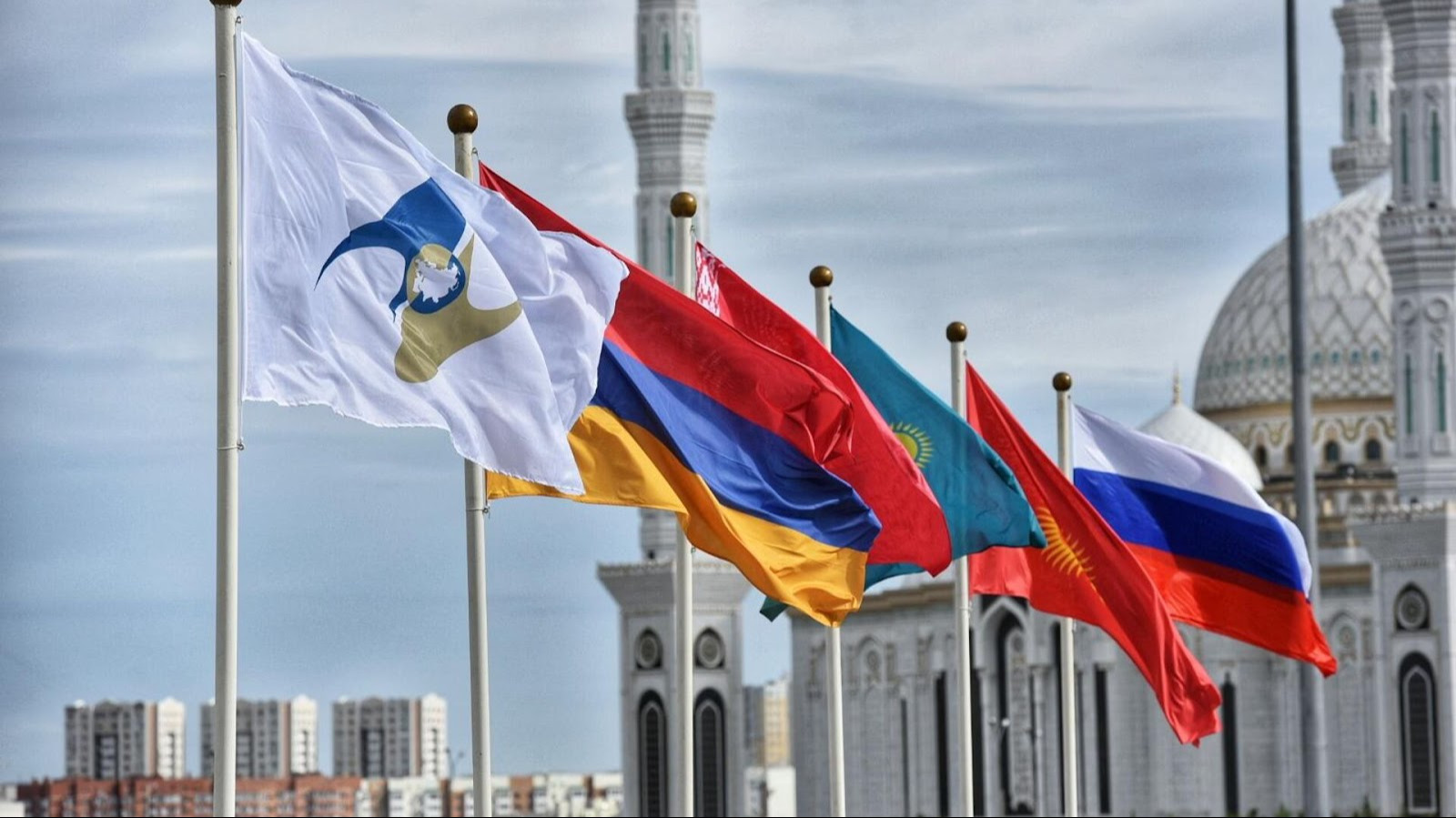
Mongolia is in talks to sign a three-year “Interim Free Trade Agreement” with the Eurasian Economic Union (EAEU). According to a study conducted by the Policy Research Laboratory of the National University of Mongolia, it is warned that Mongolia’s Gross Domestic Product (GDP) could drop by approximately 6.1% as a result of signing this agreement.
Last year, Mongolia exported USD 110.1 million worth of goods to EAEU countries but imported USD 2.9 billion in return—a stark trade imbalance. Over the past six years, exports to the EAEU have remained at just 1% of Mongolia’s total exports, while imports from the bloc have made up 25–30% of total imports.
If 375 types of goods are imported without tariffs on a reciprocal basis, Mongolia’s exports could rise by 3.7%, according to estimates. The agricultural sector, a key focus for Mongolia, is expected to see a 4.23% increase in exports. The Ministry of Economy and Development has confirmed that a final list of 366 products has been approved.
The free trade agreement is expected to drive total imports up by 4.72%, with the industrial sector facing a staggering 118% increase. However, domestic industrial production could drop by 17.9%, and agricultural output might fall by 4.3%. Other sectors are expected to see production gains of 1.2% to 5%. As a result, researchers forecast a 5.5% drop in the income of citizens and businesses, with state budget revenues expected to decline by 3.24%.
The Eurasian Economic Union is a regional organization for economic integration, made up of five member states: Armenia, Belarus, Kazakhstan, Kyrgyzstan, and Russia. The Union implements a unified policy to ensure the free movement of goods, services, capital, and labor.